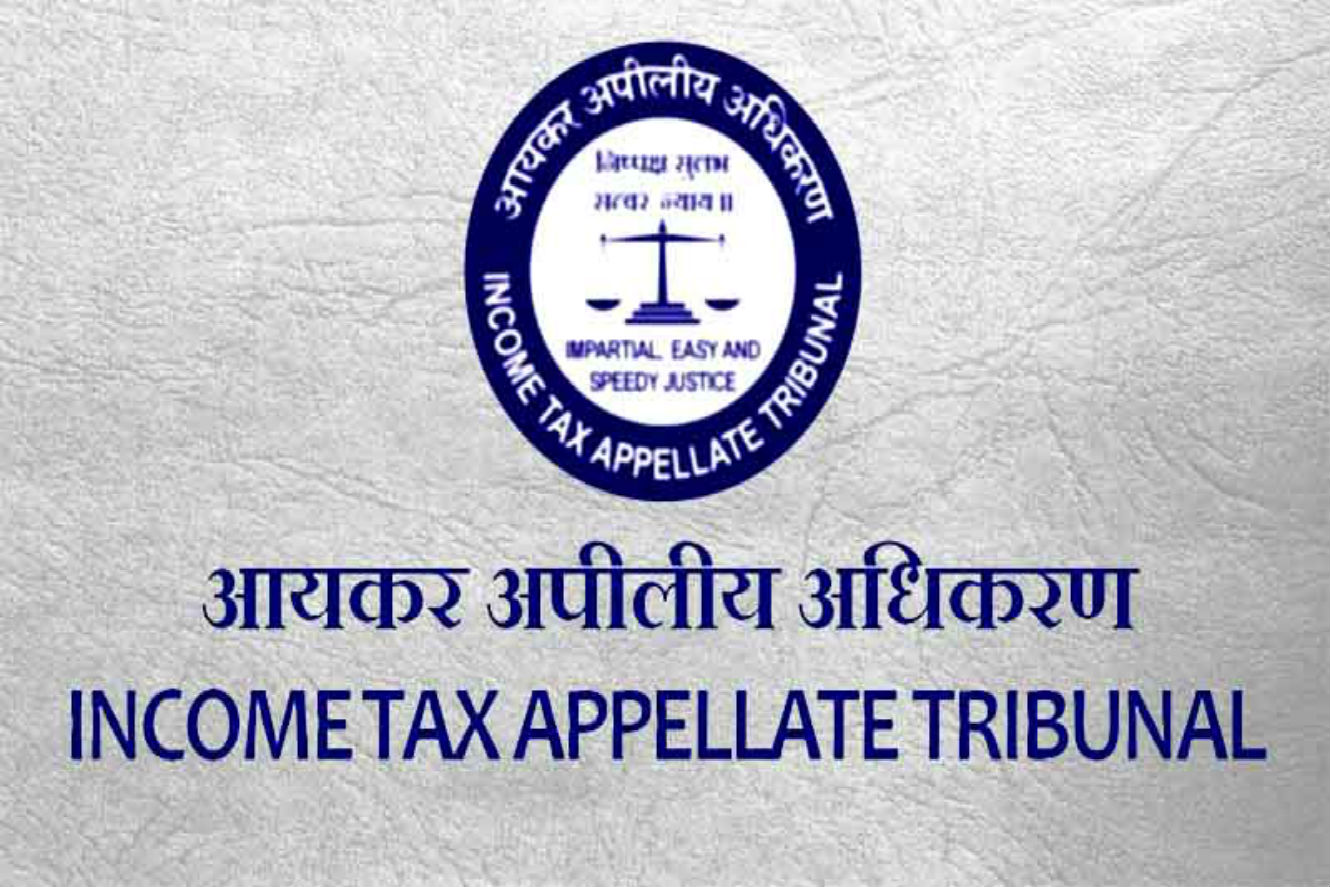K. Kannan, J.@mdashThe second appeal has been filed at the instance of the plaintiff, who has suffered a partial dent in his claim relating to the relief of injunction in respect of properties which the plaintiff claimed as having been purchased from one Jangir Kaur. The principal contest was entered by the defendants 19 to 21, who claimed as purchasers of the property on 12.10.1976 from one Tota Singh and Mithu Singh sons of Jang Singh. The relationship between the parties would become relevant for immediate appreciation of the area of contest. Daler Singh was the owner of 244 Kanals 11 marlas of land in Village Ukandwala, District Faridkot. He had two sons Maha Singh and yet another whose name is not relevant to us. Maha Singh had a son Jang Singh and a daughter Jangir Kaur. Jang Singh pre-deceased father living behind Tota Singh and Mithu Singh. Maha Singh died on 06.05.1974. Jangir Kaur as the heir to father claimed share equivalent to that of his pre-deceased brother and the persons claiming under him and staked a claim to 1/4th share of the property standing in the name of her grand father. In other words, Jangir Kaur laid claim to about 61 kanals of land that appertained to a half share through her father Maha Singh. She filed a suit against Tota Singh and Maha Singh, who had by that time, after the death of Maha Singh, obtained mutation of the property in their name purporting to assert right on the Will alleged to have been executed by the father Maha Singh. The suit was instituted on 20.11.1975 not only against Tota Singh and Mithu Singh but also against all other legal heirs of Jang Singh. The brothers did not contest the suit and the Will on the basis of which the mutation appears to have been made was not put to any judicial adjudication. The suit was decreed on 02.05.1978.
2. During the pendency of the suit Tota Singh and Maha Singh, on the basis of mutation of the properties made in their names purported to effect the sale on some of the properties to the defendants 19 to 21 on 12.10.1976. Jangir Kaur herself took no notice of the transaction as a sale during the pendency of her suit. After securing a decree, Jangir Kaur transferred the property to the plaintiff/appellants on 28.05.1987. The property held by her was transferred to the purchaser and the purchasers filed a suit for declaration of injunction. The appellant purchased 18 kanals 11 marlas of land out of 62 kanals and sought for declaration and injunction. The lower appellate Court found in partial modification of the decree already passed by the trial Court that the plaintiff/appellant had actually been in possession of the property as a purchaser of the extent covered through the sale deed. The Court, however, found that the purchase by the plaintiff was on 28.05.1987 which was later in point of time to the purchasers/defendants 19 to 21 who claimed through Tota Singh and Mithu Singh by transaction dated 12.10.1976. The relief of injunction was granted on the basis of possession but the declaratory right was denied to the plaintiff.
3. In appeal to this Court, the second appeal has been admitted on the following substantial questions of law:-
a) Whether the decree passed on May 2, 1978 in favour of Jangir Kaur from. whom the plaintiffs-appellants purchased the land in question on May 28, 1987, would relate back to November 20, 1975 i.e. the date of institution of the suit and even to the date of the death of the father of Jangir Kaur i.e. May 6, 1974?
b) Whether the sale deed by a co-sharer of specific khasra numbers is infact a sale of share in the khewat and as such, the vendee becomes co-owner to the extent of share purchased from the joint owner?
c) Whether defendants-respondents No. 19 to 21 can be said to have any right in the property in question in light of rule of his pendency and purchaser beware?
4. The substantial point which would arise for consideration is the effect of the decree which the plaintiff has obtained against the contesting defendants/vendors Tota Singh and Mithu Singh. The defendants were claiming that they were bona fide purchasers of the property being satisfied about the ownership of vendors by the fact that mutations had been effected in their names. The learned counsel for the respondents would also argue that they are bona fide purchasers and they had to be protected and that in any event, the decree obtained by Jangir Kaur did not enter an adjudication on the Will propounded by Tota Singh and Mithu Singh. The learned counsel would also contend that the Will itself was not challenged by the plaintiff Jangir Kaur.
5. I find a fundamental fallacy in the reasoning of the appellate Court and the contentions made on behalf of the respondents. A person, who claims as an heir to father, has no compulsion to seek for cancelling or setting aside a Will propounded by a coheir. Section 68 of the Indian Evidence Act as well as Section 63 of the Indian Succession Act place the burden of proof clearly on the person, who propounds it. There is no presumption that a Will propounded by any person is genuine. On the other hand, a Will constitutes an exception to the normal rules on proof of instruments in that, Section 68 requires that any document, not being a Will if it is admitted, is not required to be proved. If it is a Will and even when there is no denial, the propounder is bound to prove the same by calling at least one attesting witness. A mutation of the revenue entries on the basis of the Will cannot transfer title to the property also. Revenue entries are at best only subsidiary evidence, when issue of an assertion to title to the property is made. Jangir Kaur, who filed a suit for possession in the year 1975, had no necessity therefore to seek for a cancellation of the Will or make a specific challenge to the Will. If she was claiming a 1/4th share of the entire property as an heir to father, the persons, who would be affected by such a prayer for a 1/4th share, the legal representatives of the pre-deceased brother, had perforce to project their own case regarding the Will and non-suit the plaintiff. If they did not chose to contest the case and allowed the case to be decided in favour of the plaintiff-Jangir Kaur, to that extent, they have lost a right to plead that there was a Will in their favour and that the plaintiff was not entitled to share. It is again irrelevant that the previous suit did not render adjudication regarding the Will. Jangir Kaur''s 1/4th share granted in the decree must be taken as an affirmation of title to the property against the defendants in that suit and the persons claiming under them would be barred by the principles of res judicata in suffering a decree that had become final. It is not in dispute that the decree passed on 02.05.1978 in favour of Jangir Kaur become final and that had not been assailed by the contesting defendant''s predecessors Tota Singh and Mithu Singh.
6. The learned counsel for the defendants states that the decree was ex parte and the predecessor had colluded with Jangir Kaur to suffer such a decree. In defence, it should have been possible for a party to prove such collusion and stave off the effect of decree by a person, who was asserting his own title on the basis of a decree obtained by the plaintiffs predecessor. I find, there is not even a specific plea regarding collusion nor was there even an issue framed regarding the alleged collusive nature of the previous decree obtained by Jangir Kaur instituted on 20.11.1975. Consequently, the plaintiff, who sought for declaration on the basis of vendor''s decree for 1/4th share in respect of the whole property was well-founded and the defendants 19 to 21 would have no right to contest the plaintiffs claim made on such basis.
7. The issue of bona fides for a purchaser to plead does not arise when the transaction was during the pendency of the suit filed against their vendors Tota Singh and Mithu Singh. The principles of lis pendens u/s 52 of the Transfer of Property Act will out-weigh the considerations of bona fides. The Court which found that the plaintiffs were in possession of the property ought to have seen that such possession was claimed through their vendors who had obtained decree that had not been assailed in any proceedings. Consequently, the Court must have also granted a decree for declaration which had been declined on a wrong presumption that transaction of purchase by the plaintiff was later in point of time to the contesting defendant''s purchase. It is another way of answering the substantial question that has been raised in the second appeal that the purchase in favour of the plaintiff from Jangir Kaur would take precedence by virtue of the decree obtained in the suit instituted on 20.11.1975 and which is of a specific khasra number by a co-sharer. It was in fact a sale of a share in the khewat and as such the purchasers themselves became the co-sharer to the extent of share purchased by them and they were entitled to the relief of declaration and injunction. The substantial question of law framed are answered granted. The defendants 19 to 21 shall be at liberty to file a suit for general partition amongst the family members and seek for allotment of the extent purchased by them to the share of their vendors. The plaintiffs shall also be entitled to seek for equitable allotment of the property for the extent and specific properties purchased by them from Jangir Kaur. The Civil Revision No. 1664 of 2010 is a dismissal of a petition u/s 10 filed by the defendants in a suit instituted by the respondents 19 to 21. An order u/s 10 CPC was sought on the ground that the trial of the suit cannot progress till the disposal of the appeal in RSA No. 424 of 2005. In view of the fact that RSA has been disposed of, the Civil Revision becomes infructuous and the decision in the trial Court will be rendered in accordance with law keeping in mind the decision rendered in RSA No. 424 of 2005 to the extent to which it determines relevance to the case.

